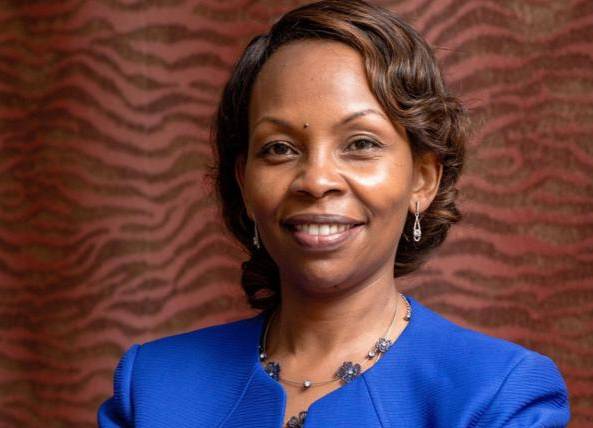
When Dr Patricia King’ori-Mugendi decided to start a business, it was out of a need to try out something different with her life. And so she quit her job with Samsung Electronics as a business leader and started Holos Creative Solutions Ltd- Afrika, a consultancy business with her husband Prof Mugendi M’Rithaa.
“A time came when I felt I had given the best I could to my employer. Having worked in the electronic industry for 12 years, I decided to move on to something new, something that would help me ease into retirement.” (HCS)-Afrika specialises in applied research and strategy with special relevance to African contexts and realities. Patricia speaks to us on the realities of starting a family business.